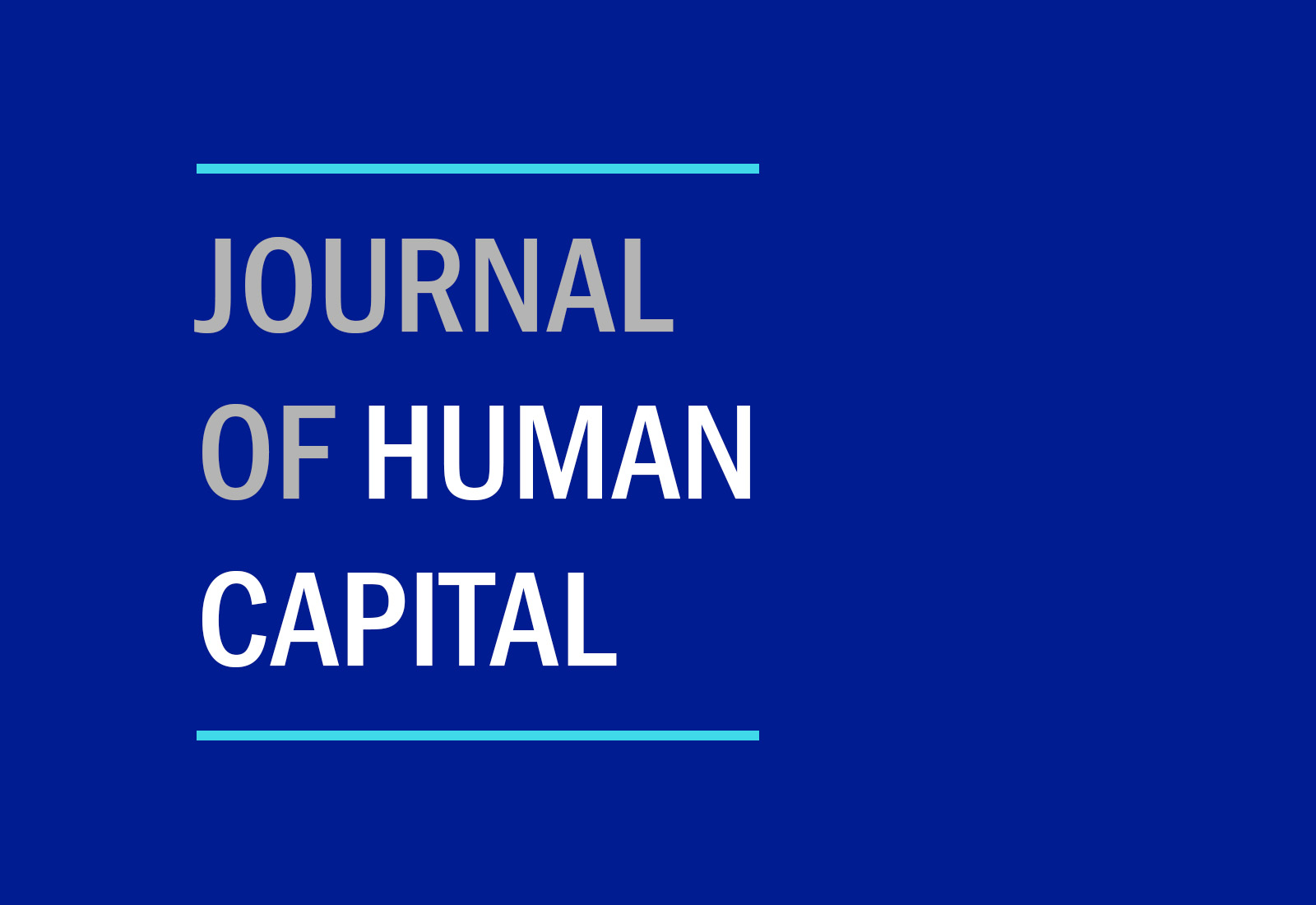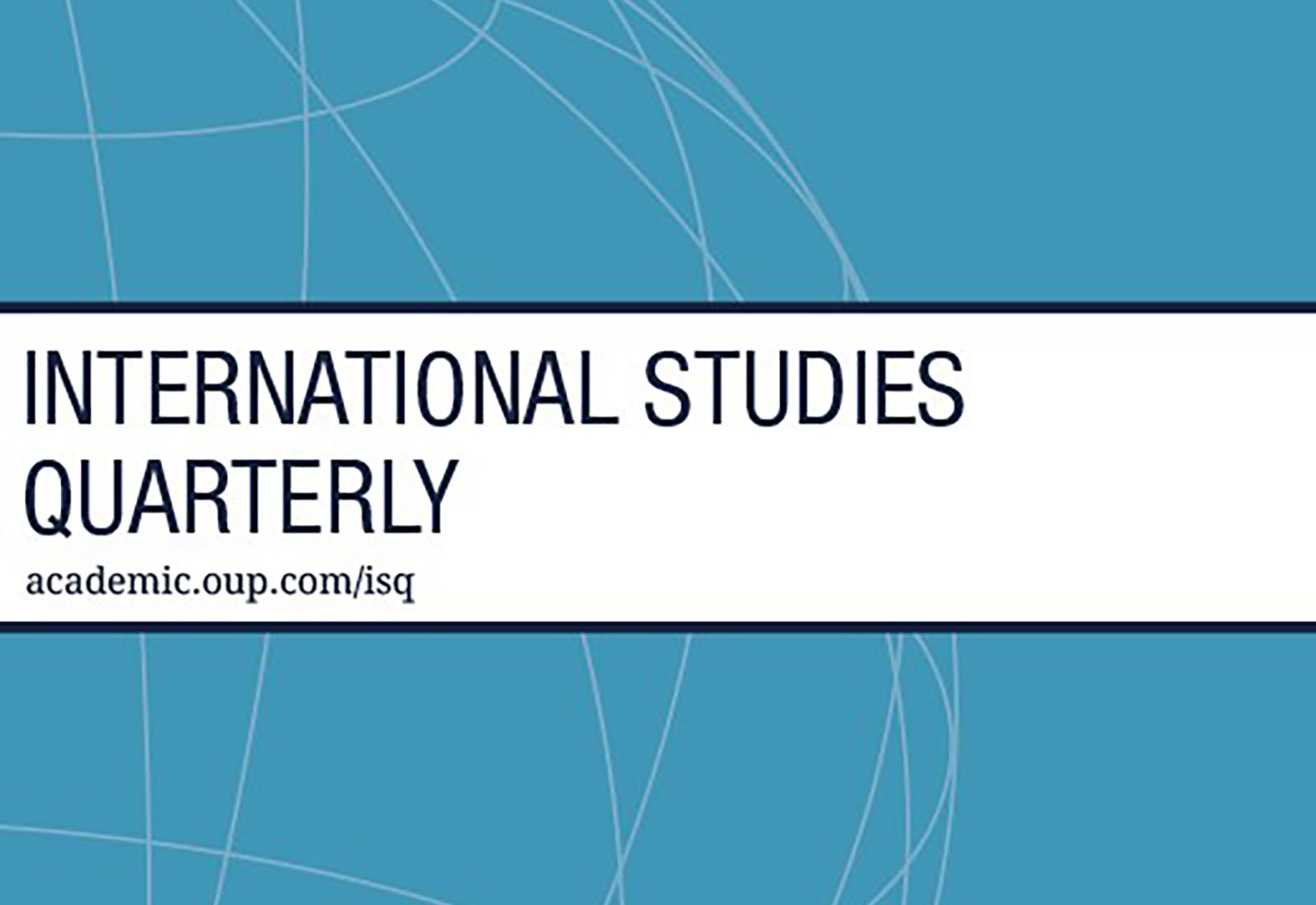Royalties Do Petróleo E Emprego Público Nos Municípios Brasileiros
Öljytuotot ja julkisen sektorin työmarkkinat Brasilian kunnissa
Tiivistelmä
Öljyvarojen rajallisuus luonnossa herättää kriittisiä kysymyksiä niistä saatavien tuottojen oikeasta käytöstä ympäristöhaittojen ja hyvinvointitappioden välttämiseksi. Brasilian lainsäädäntö on keskittynyt öljytulojen kohdentamiseen sosiaaliseen kehitykseen, mutta tapaustutkimukset ovat osoittaneet, että jotkut hyötyneet paikkakunnat lisäävät henkilöstökulujaan. Tämän artikkelin tavoitteena on ymmärtää aihetta käyttämällä menetelmää, joka mahdollistaa vaihtoehtoisen kehityskulun rakentamisen kunnille, jotka saavat öljyresursseja. Tavoitteena on tutkia, johtavatko tulonsiirrot siihen, että hyötyneet kunnallishallinnot lisäävät virkamiesten rekrytointia laillisten suositusten vastaisesti. Tämän tutkimiseksi sovelsimme Doubly Robust -menetelmää kunnista koostuvalle paneelille vuosilta 2000–2009. Metodi koostuu kahdesta vaiheesta. Ensiksi arvioitiin öljytulojen saamisen ehdollinen todennäköisyys tietyillä havaituilla muuttujilla, ja toisessa vaiheessa estimoitiin kiinteiden vaikutusten paneelimalli common support –ehdon mukaisesti rajatulla datalla perustuen ensimmäisessä vaiheessa arvioituihin ehdollisiin todennäköisyyksiin. Tulokset osoittavat, että paikallishallinnot lisäävät työvoimaansa öljytulojen hyödyntämisen vuoksi, mutta keskimääräiset palkkakulut eivät kasva käsittelyryhmässä. Rio de Janeirossa, joka on alttiina tarkemmille viranomaismääräyksille, vaikutus ei ole merkittävä, mikä osoittaa, että kelpoiset kunnat noudattavat sääntöjä.
Julkaisun tiedot
Carnicelli, L., & Postali, F.A.S. (2012), Royalties do petróleo e emprego público nos municípios brasileiros, Estudos Econômicos (São Paulo) 44.3 (2014): 469–495.
- ISSN: 0101-4161
- JEL: J45, H77, C21

- Lauro Carnicelli
- erikoistutkija
- Puh. +358-40 940 2694
- lauro.carnicelli@labore.fi
- Tutkijaprofiili


